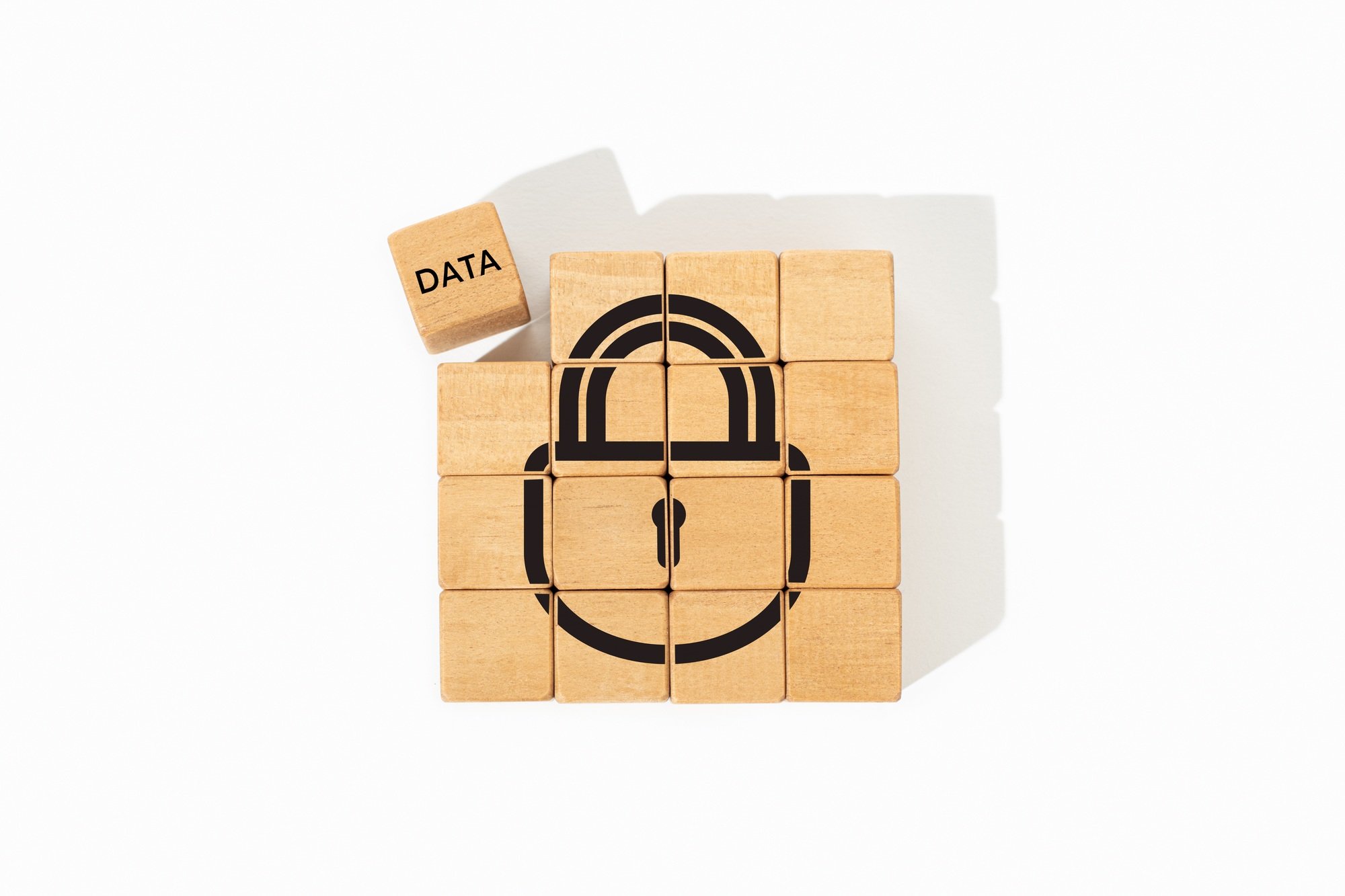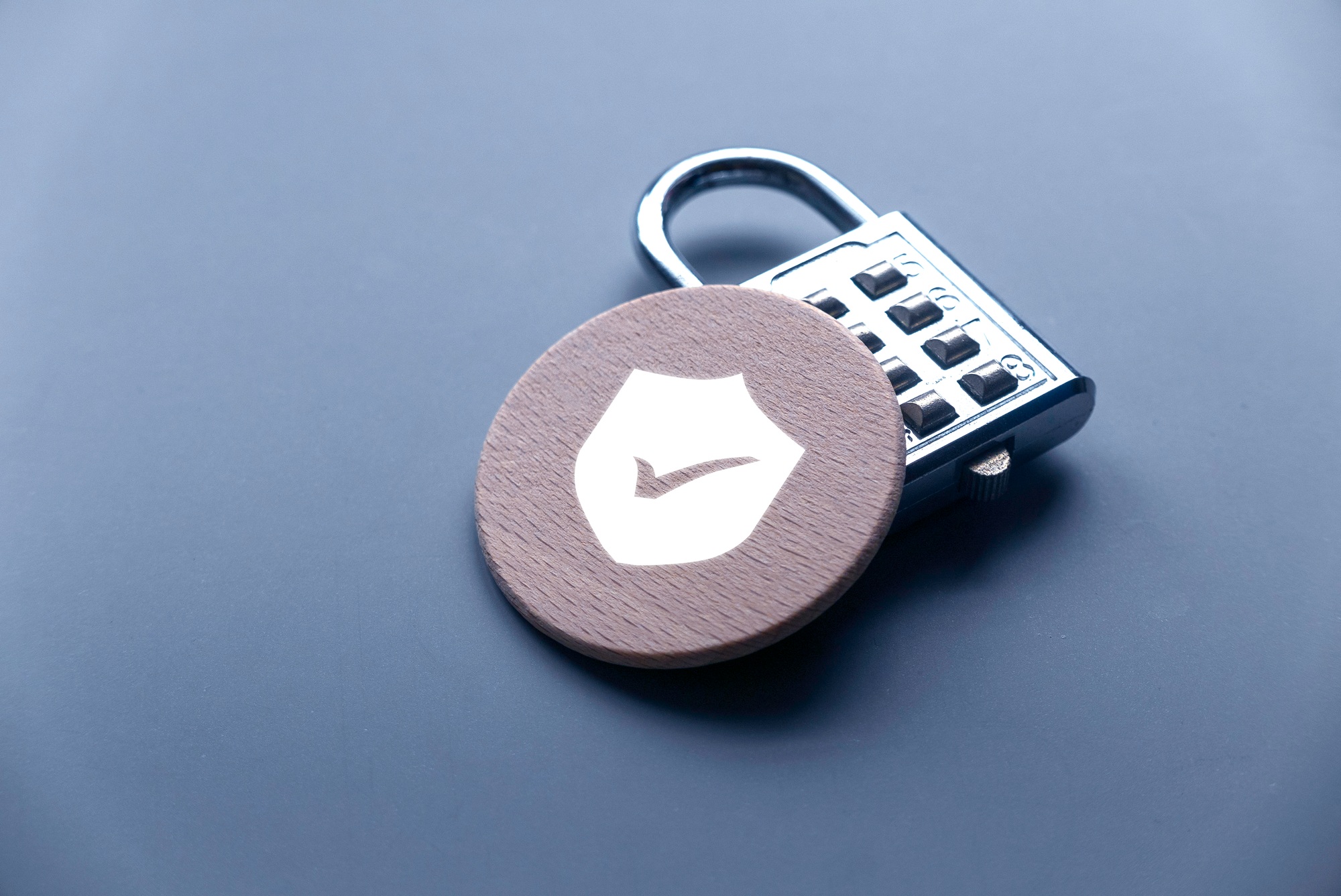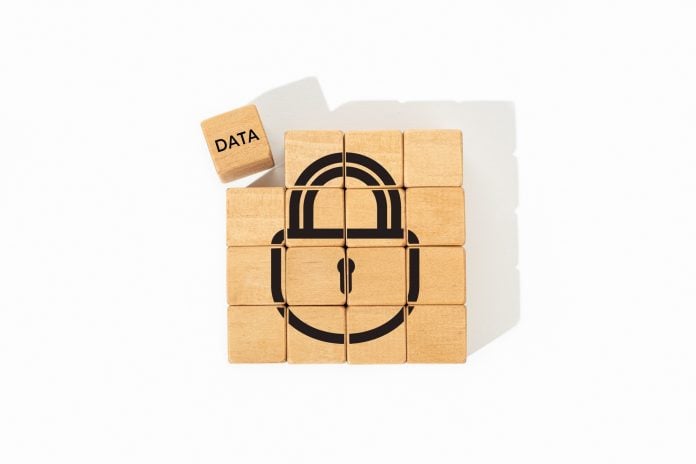Key Takeaways

- Understanding Personal Information: Personal information encompasses data that identifies individuals, including contact details, financial information, and online activity, which are essential for effective business communication and customer relationship management.
- Importance for Privacy and Security: Safeguarding personal information is crucial for preventing identity theft and fraud, enhancing customer trust and loyalty through ethical practices.
- Effective Management Practices: Implement minimal data collection, encryption, and controlled access to protect sensitive information, and ensure clear consent and privacy policies are in place to build transparency.
- Compliance with Regulations: Familiarize yourself with laws like HIPAA and the U.S. Privacy Act to navigate legal responsibilities surrounding personal information effectively, protecting both your customers and business integrity.
- Rights of Individuals: Acknowledge and facilitate the rights of individuals, such as access to their data and the right to erasure, to foster trust and avoid legal pitfalls in data management.
In today’s digital age, personal information is more valuable than ever. From your social media profiles to online shopping habits, every click and share contributes to a digital footprint that shapes your online identity. Understanding how your personal information is collected and used is crucial for navigating this complex landscape.
You might think your data is safe, but breaches and misuse are common. Knowing what personal information you share and how to protect it can empower you to take control of your online presence. Let’s dive into the importance of safeguarding your personal information and explore practical steps you can take to enhance your privacy in an increasingly interconnected world.
Understanding Personal Information

Personal information refers to any data that identifies or can identify an individual. In a small business context, understanding this concept is crucial for protecting your customers and complying with regulations.
Definition of Personal Information
Personal information includes names, addresses, phone numbers, email addresses, and other identifiers such as Social Security numbers. This data plays a vital role in how small businesses communicate with customers and manage relationships.
Types of Personal Information
- Contact Information: Includes email addresses, phone numbers, and physical addresses used for communication.
- Financial Data: Comprises credit card numbers, bank account details, and transaction history.
- Health Information: Covers any medical history or health-related data collected from customers or employees.
- Demographic Data: Consists of age, gender, occupation, and other personal traits that help in targeting marketing efforts effectively.
- Online Activity Data: Encompasses data collected through website visits, social media interactions, and other digital footprints.
By comprehensively understanding personal information, your small business can implement effective measures to protect this data, enhance customer trust, and comply with relevant tech regulations.
Importance of Personal Information

Personal information plays a vital role in your business, directly impacting privacy, security, and customer relationships.
Role in Privacy and Security
Personal information is central to privacy concerns. It allows customers to control how their data is viewed, used, and shared. For small businesses, respecting this control enhances customer trust and loyalty. Additionally, safeguarding personal information from unauthorized access prevents identity theft, fraud, and breaches. Robust security measures can protect sensitive data, demonstrating your commitment to ethical practices and compliance with tech regulations.
Impact on Personal Relationships
Understanding personal information’s importance can enhance your interactions with clients. By collecting and using data responsibly, you build stronger relationships based on trust and transparency. This transparency not only boosts your reputation but also paves the way for future engagement. As a small business, leveraging this understanding leads to better customer experiences and fosters long-term loyalty, driving growth in a competitive market.
Managing Personal Information

Managing personal information effectively is crucial for small businesses. You play a key role in protecting customer data, building trust, and complying with regulations.
Best Practices for Protection
- Minimal Data Collection:
Collect only necessary data to reduce the risk of data breaches and unauthorized access. Focus on gathering information that directly supports your business needs.
- Encryption:
Encrypt sensitive data both at rest and in transit. Utilizing strong encryption algorithms prevents unauthorized access and protects customer information.
- Controlled Access:
Implement controlled access for individuals interacting with personal information. Use technologies like Single Sign-On (SSO) and multi-factor authentication (MFA) to enhance security.
- Clear Consent and Policy:
Obtain clear consent from customers before collecting their data. Have a transparent privacy policy that outlines what data is collected, the purpose, and how it will be used.
Tools and Technologies for Management
Utilize various tools and technologies to manage and protect personal information effectively.
- Data Management Software:
Implement data management systems that offer secure storage options and track data access. This helps in monitoring who accesses personal information.
- Encryption Tools:
Use encryption tools like AES (Advanced Encryption Standard) to ensure data protection both in storage and during transmission.
- Access Control Solutions:
Invest in access control solutions that allow you to set permissions based on user roles. This ensures that only authorized personnel can access sensitive data.
By applying these best practices and utilizing appropriate tools, you streamline the management of personal information and bolster your small business’s reputation and compliance with regulations.
Legal Considerations

Understanding the legal landscape surrounding personal information is crucial for small businesses. Compliance with regulations not only protects your customers but also enhances your business’s reputation.
Regulations Surrounding Personal Information
Several federal laws govern the handling of personal information. Awareness of these regulations is vital for your business.
- Health Insurance Portability and Accountability Act (HIPAA): This law safeguards individuals’ medical information. If your small business interacts with protected health information (PHI) through healthcare services, adherence to HIPAA is crucial.
- U.S. Privacy Act of 1974: This act regulates how U.S. government agencies collect and disclose personal information. While it primarily affects government entities, understanding its implications can guide your business’s data practices.
Complying with these regulations helps avoid penalties and builds customer trust. Implementing technology that aligns with these standards enhances your capacity to protect personal information effectively.
Rights of Individuals
Individuals possess rights concerning their personal information, which your small business must honor.
- Right to Access: Customers can request access to their personal data. Providing this transparency fosters trust in your business.
- Right to Rectification: Individuals can correct inaccurate data. You should establish procedures for addressing such requests promptly.
- Right to Erasure: Customers may request deletion of their personal information. Your business must facilitate this process to adhere to applicable regulations.
- Right to Data Portability: Customers can transfer their personal data to another service. Ensuring your systems enable this transfer can enhance customer satisfaction and loyalty.
Recognizing and respecting these rights cultivates a strong relationship with your customers and protects your small business from legal challenges related to personal information. Implementing compliant tech solutions can simplify managing these rights efficiently.
Conclusion

Understanding personal information is essential in today’s digital landscape. By recognizing the types of data that identify you and your customers you can take proactive steps to protect it. Implementing best practices not only safeguards against breaches but also builds trust and loyalty with your clients.
As you navigate the complexities of data management remember that respecting privacy rights is key. Staying informed about legal regulations and employing effective tools will help you maintain compliance and enhance your business reputation.
Ultimately your commitment to protecting personal information will lead to stronger relationships and a more secure online environment for everyone involved.
Frequently Asked Questions

What is personal information in the digital age?
Personal information refers to any data that can identify an individual, such as names, addresses, and financial details. In the digital age, every online action contributes to a person’s digital footprint, making it essential to understand how this data is collected and used.
Why is it important for small businesses to protect personal information?
Protecting personal information is crucial for small businesses to maintain customer trust, comply with legal regulations, and prevent data breaches. Effective safeguarding measures enhance customer relationships and promote a secure online environment.
What are common types of personal information?
Common types of personal information include contact information, financial data, health records, demographic data, and online activity. Understanding these categories helps businesses implement effective measures for data protection.
How can small businesses enhance data privacy?
Small businesses can enhance data privacy by minimizing data collection, using encryption tools, controlling access to sensitive information, and obtaining clear customer consent. These practices strengthen compliance with regulations and protect customer data.
What are the legal considerations for handling personal information?
Businesses must comply with federal laws like HIPAA and the U.S. Privacy Act of 1974, which govern the management of personal information. Understanding these regulations helps avoid penalties and builds customer trust.
What rights do individuals have regarding their personal information?
Individuals have the right to access, rectify, erase, and transfer their personal data. Acknowledging these rights fosters strong customer relationships and protects businesses from potential legal issues.
How can businesses build customer trust regarding data usage?
Businesses can build trust by responsibly collecting and using data, respecting customer privacy, and being transparent about data practices. This approach encourages loyalty and improves overall customer experiences.
What tools can help manage personal information effectively?
Tools like data management software, encryption tools, and access control solutions assist businesses in managing personal information securely. These technologies streamline compliance efforts and protect against data breaches.
Image Via Envato: YuriArcursPeopleimages, Natabuena, rfaizal707, nd3000, fotodestock, mohdizzuanbinroslan, iLixe48



